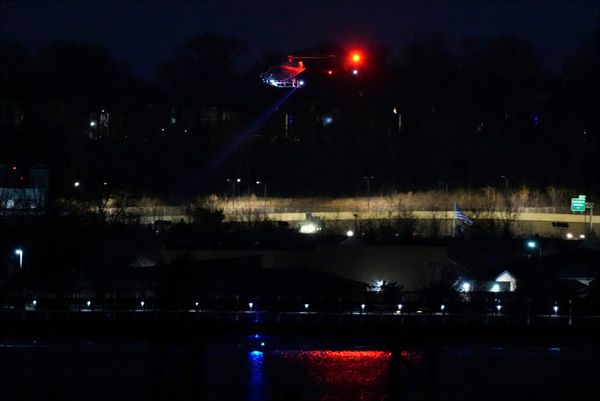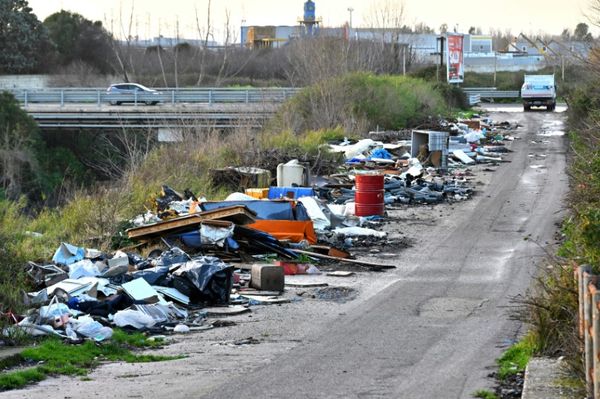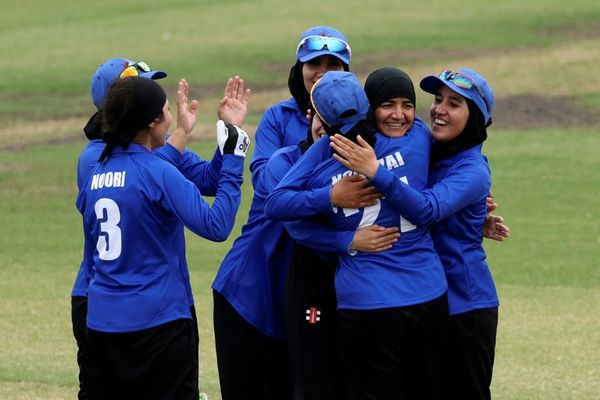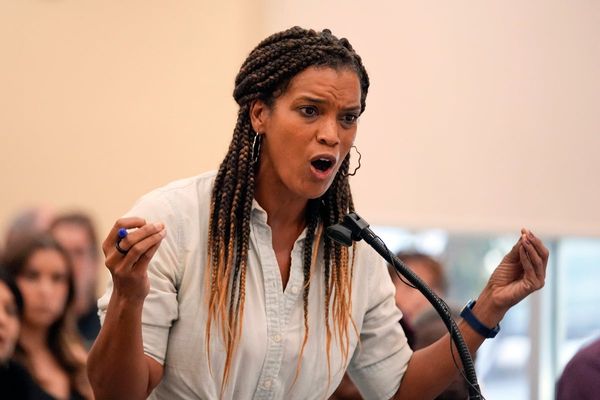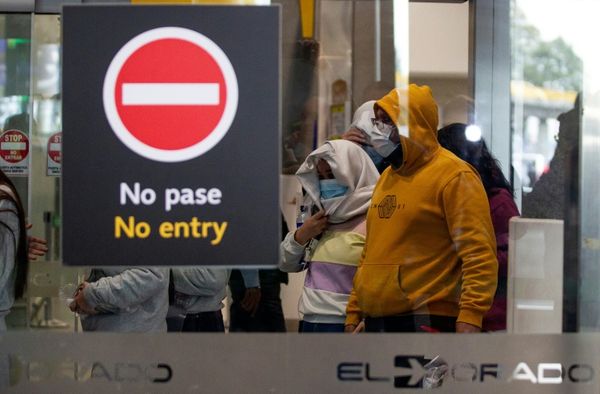
On September 12, 2005, Israel completed its unilateral disengagement from the Gaza Strip, as the last IDF soldiers left the coastal area after 38 years of Israeli presence.
The disengagement plan was put forward by then prime minister Ariel Sharon to "lead to a better security, political, economic and demographic situation," according to the text of the plan. Sharon hoped that the plan would reduce friction with the growing Palestinian population in the Strip.
Over 9,000 Israeli citizens living in 25 settlements were evicted from the Gaza Strip and northern Samaria in the West Bank as part of the plan, with Israel withdrawing all of its forces from Gaza and redeploying along new deployment lines.
According to the Foreign Ministry, the disengagement cost Israel about $2 billion.
In a speech in 2004, after the government approved the Disengagement Plan, Sharon called it a "step of great importance for [Israel's] future."
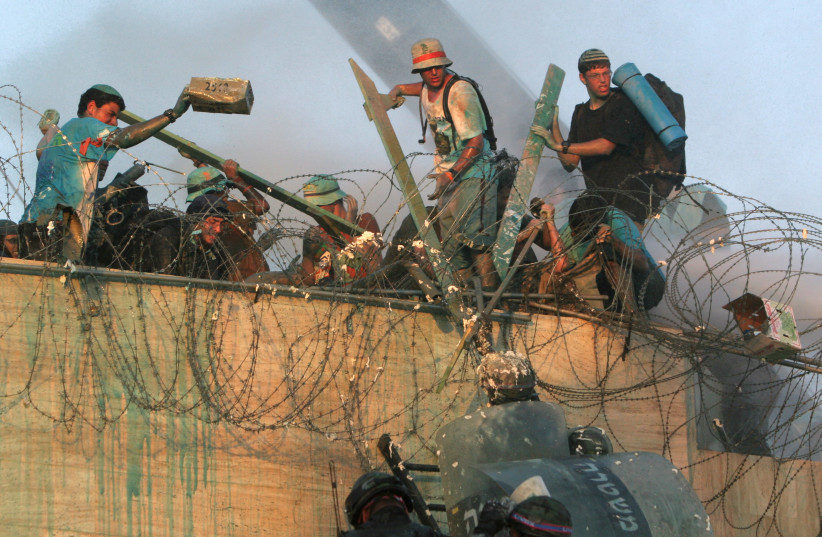
Sharon stressed at the time that the plan is "a resolution that ensures the future of Israel. It is a resolution that is good for Israel's security, its international standing, its economy and the demography of the Jewish people in the Land of Israel."
"Today's government resolution gives hope to every citizen of Israel," added Sharon. "During the past three and a half years, the terror organizations have tried to break the spirit of the people of Israel. They did not succeed. The Jewish people cannot be broken; we will never break. And I say it again; we will never break."
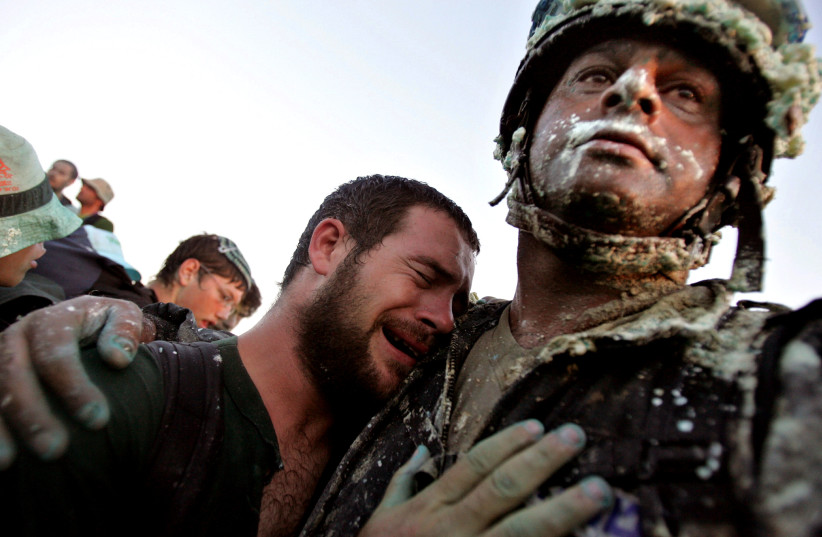
In an address to the United Nations General Assembly after the disengagement, Sharon stated that "The most important test the Palestinian leadership will face is in fulfilling their commitment to put an end to terrorism and its infrastructures, eliminate the anarchic regime of armed gangs, and cease the incitement and indoctrination of hatred towards Israel and the Jews."
The full responsibility of the Gaza Strip was left in the hands of the Palestinian Authority in 2005, but after a conflict between Fatah and Hamas, Hamas took control of the coastal enclave in 2007. Since the takeover, thousands of rockets and mortar shells, as well as other terrorist attacks, have been launched from the Gaza Strip against Israeli citizens.
